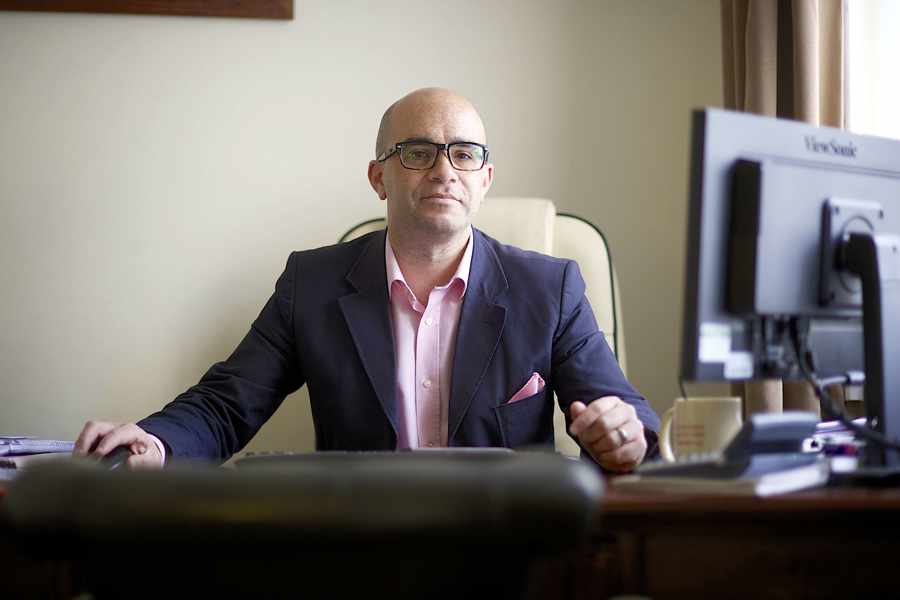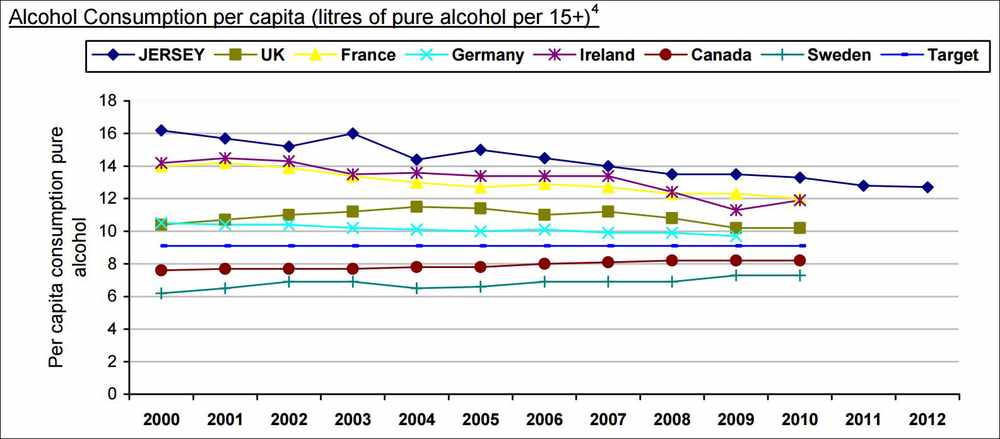Jason Wyse, who runs Silkworth Lodge residential drugs and alcohol rehabilitation centre, has described the numbers – which were this week published in a serious case review – as ‘scary’ and warned of the ‘crippling’ problems that alcohol is having on Islanders and their families.
And he says that the Island’s problems are so deep-rooted that he suspects alcoholism rates could be higher than has been estimated.
‘We have been told there are 4,000 people dependent on alcohol, but I wouldn’t be surprised if that figure is higher,’ he said.
‘It is a scary number which really highlights the scale of the problem that we have in Jersey.
‘It puts us as one of the highest rates in Europe, if not the highest in Europe.’
According to Mr Wyse, alcohol is having a ‘huge’ impact on Jersey and is proving destructive to family relationships as well as causing higher levels of liver and heart disease and creating a surge in the number of people suffering from low self-esteem.
Mr Wyse added that Jersey has ‘a very heavy drinking culture’ which is ‘noticeable right across society’.
‘It is not just homeless people on park benches, as there are many people in very highly paid jobs who have alcohol problems,’ he said.
‘We have a culture where people come home from work after a hard day and instantly open a bottle of wine – and that can be damaging.
‘Virtually everybody in Jersey knows somebody, or has heard from a friend, of somebody who has a drink problem.
‘Although Jersey is not unique in that it has a drinking problem, it is magnified because we are a small Island.’
Earlier this week, a series of recommendations were issued following the release of a serious case review into a man with a long history of alcohol abuse who lay dead for seven months before he was discovered in his home.

Mr Wyse says that he is in support of the recommendations – which include ensuring agencies make regular contact with vulnerable individuals who initially refuse their help and creating a support service for alcoholics who live in their own home.
He said: ‘When alcohol becomes a crutch, it becomes very hard to take that crutch away.
‘I know that not everybody wants help, but that doesn’t mean that as a society we should forget about those people.
‘If they do not want our help we have to keep them on our radar and make regular contact with them.’
However, he says that the key to solving the problem is by developing the public’s knowledge of alcoholism.
‘The only way in my mind that we are going to see a shift is through education.
‘It’s not going to be in the next two, five or ten years, it’s going to be a generational thing.
‘We have to do a lot more with youngsters, but also with adults.
‘At Silkworth we have launched a series of workshops to give people a greater understanding of what alcohol and drug addiction is and what we can do to help sufferers.
‘It is this kind of educational approach that we need to continue.’








